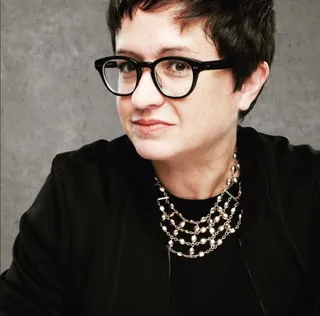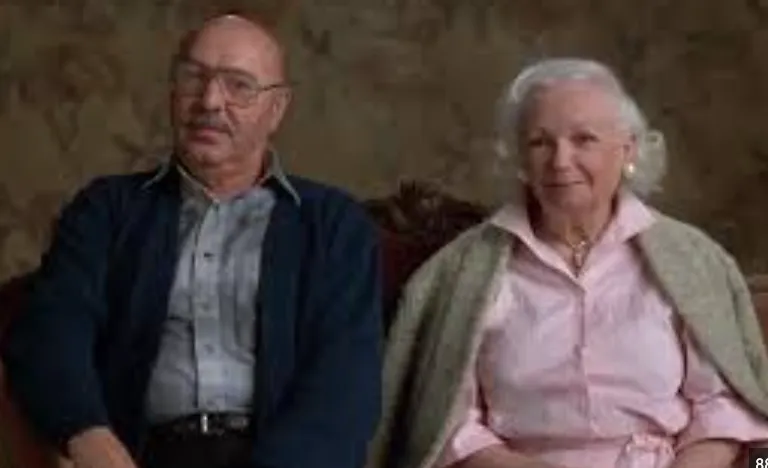Breaking and Entering
Why are heist stories just so pop-the-popcorn-worthy? Asking for a friend.

Oh what a heist; plus, an evening with culinary historian Michael Twitty, a prima ballerina takes a bow, and robot surgeons.
Hello everyone,
First of all, I'd like to welcome my new subscribers. Thank you for joining my weekly newsletter, which arrives in your inbox every Friday at noon. I'm a journalist, and the author of two biographies about bold, barrier-breaking women. So, I'll be sharing some of that work from time to time, but also writing about things that pique my curiosity. Please don't hesitate to reach out if you have any questions, or have something that you think I might find interesting.
Second, how are y'all doing? Here we are at the end of another week, where the hottest new tourist attraction in Paris is the window that four thieves broke into so they could steal hundreds of millions of dollars’ worth of royal and imperial jewelry from the Louvre.
I figure I’m probably not the only person who woke up this past Sunday morning, only to become transfixed by this tale. I mean, if that wasn’t the most unbothered quartet of thieves, I don’t know what was. They rolled up in a truck, rode a mechanical ladder to the second floor, cut through a window and made off with the sparkly loot in seven minutes flat. I mean, it was astonishing, but also…not.
Earlier this year, I visited the Louvre and walked through the Galerie d’Apollon where the crime took place. When I think about where the entrance to the Louvre is, and where that particular gallery is, and how long it might take to navigate crowds to get to that gallery even at the beginning of the day, I have to say this was really well-thought-out and audacious. They really did bank on the fact that any passersby would see them as part of the normal glut of workmen in Paris, and that by the time they got through the window, visitors would still be making their way back to that part of the museum. Add to that, not enough security cameras and not enough security guards for an enormous museum that was never built to be a museum, and you’ve got a recipe for what just happened. It’s a tragic story, but it’s also a fascinating one. I’ve always been interested in how the art world works, who the characters are within it, and why those characters do what they do. So, there’s that. But then, when you add to that a crime like this, I start wondering about who the burglars were, how they got started in a life of crime, what they were like individually, and how they came together as a team. Why did they choose these jewels to steal? How long had they been casing the joint to devise their plan? How did they feel as they were committing the crime? Were they nervous? Were they terrified of being caught? Or were they chasing some big thrill?
Unless they’re apprehended, which seems increasingly unlikely, we’ll never know any of this, which is a shame.
But on top of that, who hired them? Why did he want these pieces? News reports say it was likely a commodity theft, that the crooks aimed to break apart the jewels and melt down the gold and resell it. But you know, what if it was a Russian oligarch who was trying to keep a lover who was fed up with him because he wouldn’t leave his wife? What if it was some gajillionaire with more money than sense who wanted to keep these pieces in a secret chamber so he could admire them when he was feeling that his life was empty and without meaning? What if, what if, what if?
Why do we get so invested in stories like this? Why do we conjure up stories about what did or didn't happen, or why things happened a certain way? And what is it that makes us struggle to decide whether we want the bad guys to get caught, or escape with the goods? Hit reply and let me know what you think.
I hope you all are doing well, and that you have a great weekend with all of your favorite people.
-- Paige
Writing prompt: Devise the perfect crime. What is it, who are your accomplices, what special tools do you need to get the job done, and what is your getaway plan?
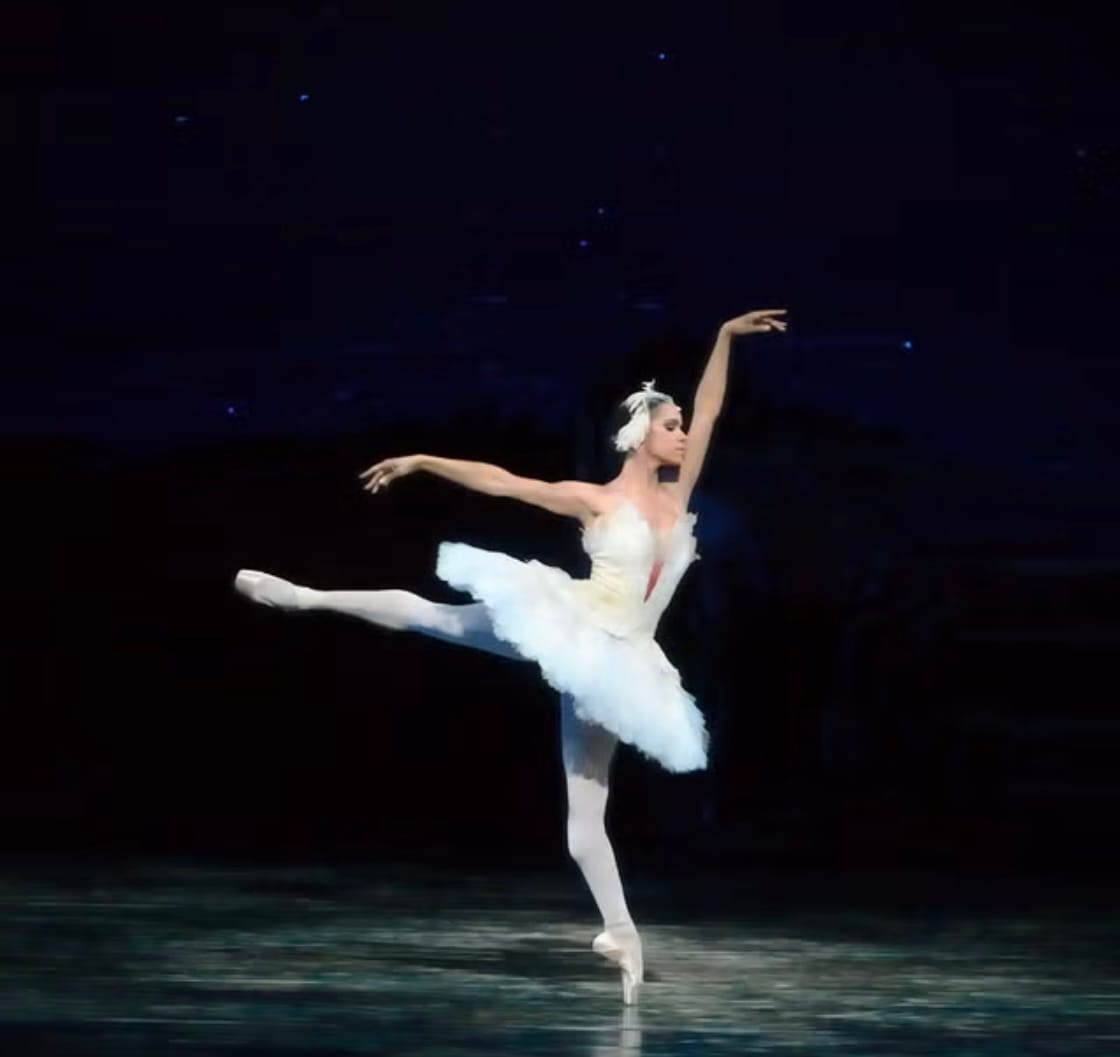
“Be strong, be fearless, be beautiful. And believe that anything is possible when you have the right people there to support you.”
— Misty Copeland
Endnotes
An Evening with Culinary Historian Michael W. Twitty
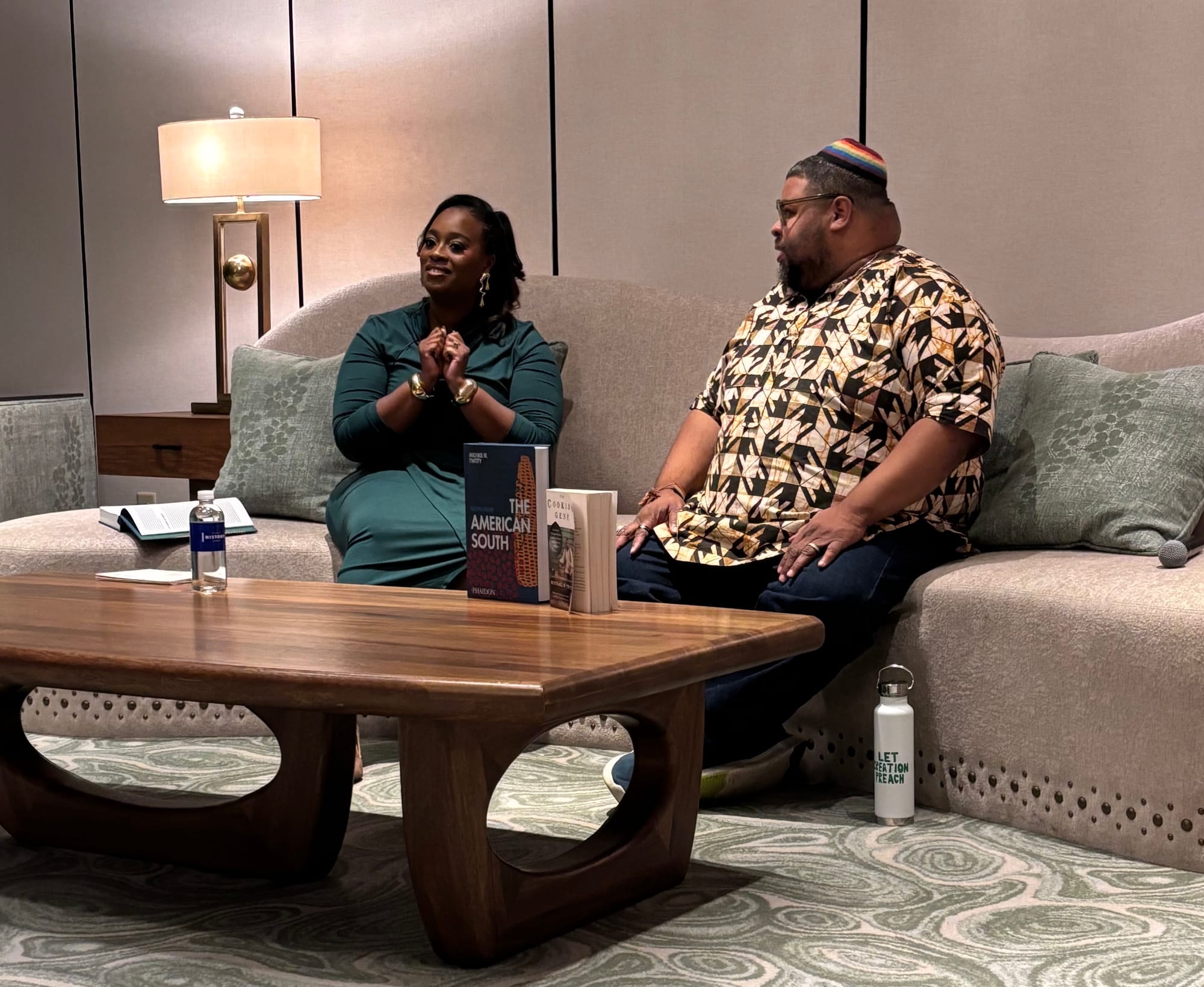
Monday night I went to see culinary historian Michael W. Twitty talk about his new, gorgeous (and HUGE) cookbook Recipes from the American South. Twitty, who won two James Beard Awards for his book The Cooking Gene and has appeared on the Netflix series High on the Hog, considers his latest book a lifetime in the making. It's rooted in his ancestors and the diverse cultures that have come to the South, using what ingredients they could find to cook their meals. The cookbook includes ample stories and recipes for everything from okra stew, to she-crab soup, biscuits, and a few different gumbos.The way he sees it, the South is a family, but a dysfunctional one in need of catharsis. For him, catharsis comes by writing about Southern food, and in the kitchen, cooking for family and friends. Does food bring people together? He says no. But intention does. And by writing this book about a place, a people, and its food, he offers ideas on how we can all come together around the same shared table. So definitely pick up a copy at your local independent bookseller, and hear Twitty speak if he comes to a town near you.
A Few Things I'm Happy About
Atlanta United finally fired head coach Ronny Deila. It only took the club 34 games to realize this guy could only inspire the team to win five. Also: I reconnected with a childhood friend recently and it has been so nice to catch up with her as if no time has passed. And then, for the heck of it, I added crabmeat and Old Bay to Michael Twitty's recipe for okra soup and that was some good decision-making on my part.
What I'm Concerned About
I was visiting a friend this week and we got into a conversation about the growing number of robots in a surgical setting. Me being me, it only made me want to reach out to my doctor and ask for a full body scan. Because if something's wrong, I want a real surgeon to take care of it before the robots take over every medical setting there is.
DC's LitBox
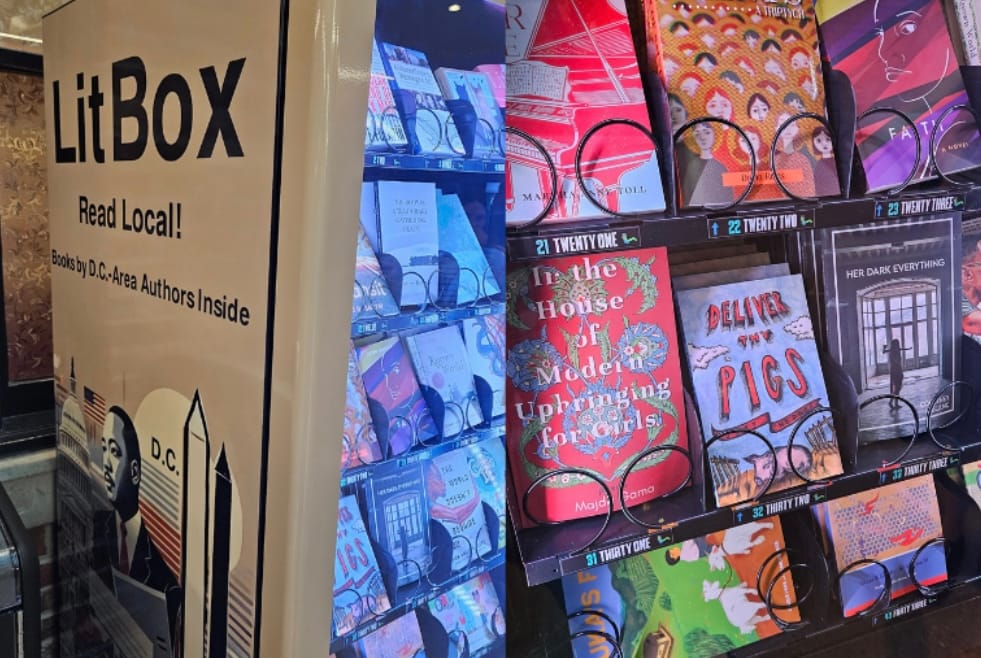
NPR recently ran a story about a DC-area woman who was frustrated that local bookstores didn't carry books by local authors published by small presses. To level the playing field, she crowdfunded a vending machine for books, and learned that readers will absolutely buy these works (regardless of what some may think). Though the book vending machine concept is not new, the idea of actually giving so-called smaller books a chance is encouraging. For more on LitBox, and its plans to expand throughout DC, visit this link. And if you get a minute, hit reply and let me know the best book you've read by a local author who wasn't published by a big five publisher. Or, let me know about a smaller publisher who is putting out incredible books worthy of our time and attention.
Where I hope you'll donate this week

We're another week into Breast Cancer Awareness month, so please consider donating what you can to the American Cancer Society. There are more than four million breast cancer survivors in the United States, in part because of their work. Your support helps them continue to save lives, so please consider a gift of any amount today. Thank you.
Paige Bowers Newsletter
Join the newsletter to receive the latest updates in your inbox.

